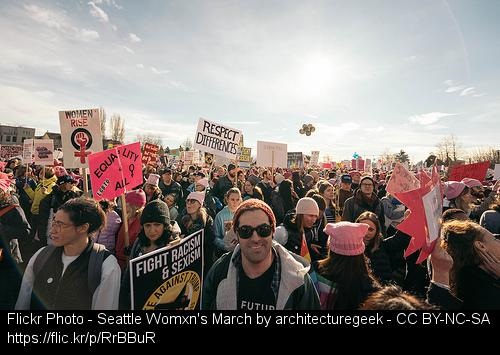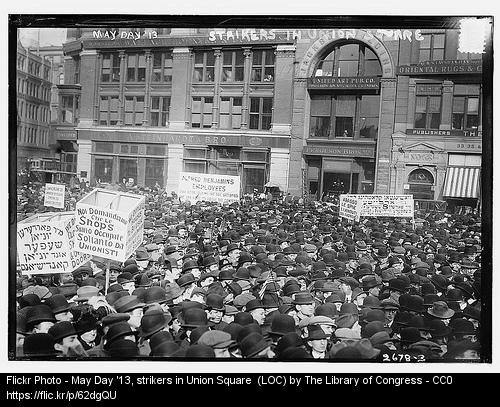By CYN LoPINTO
Editor-in-chief, gerontologist
The First Amendment to the US Constitution gives American citizens the right to peacefully protest. It states that “Congress shall make no law respecting an establishment of religion, or prohibiting the free exercise thereof; or abridging the freedom of speech, or of the press; or the right of the people peaceably to assemble, and to petition the Government for a redress of grievances.”
May Day (International Work Day) protests back in the late 1800s helped to bring attention to the labor movement with important issues such as unions, work hours and workplace conditions. In the early 1900s, the women’s movement used protest marches as a way to get their voices heard. Over 5000 Suffragettes marched past the White House on Pennsylvania Avenue the day before President Wilson’s inauguration in 1913.
The civil rights marches and anti-Vietnam War protests during the 1960s encouraged thousands of Americans to take to the streets to express their dissatisfaction with political policies. In the 1980s, the Solidarity March in Washington D.C. showing support for fired air traffic controllers who went on strike and the NYC Anti-Nuclear March in Central Park made headlines across the country. The 1990s had the D.C. Million Man March hoping to bring attention to Black issues, the March on Washington for Lesbian, Gay and Bi Equal Rights and Liberation and the Million Woman March in Philadelphia. After the turn of the century, there were marches protesting the Iraq war in 600 cities in 2003 and the 2004 March For Women’s Lives in Washington D.C.
 Today we are seeing protest marches on various issues from women’s rights, LGTB discrimination, immigration laws and war The Woman’s March on Jan 21, 2017 took place in over 600 sister cities across the U.S. as well as 200 international cities. While numbers are still being tallied, it may go down as the largest demonstration in U.S. history.
Today we are seeing protest marches on various issues from women’s rights, LGTB discrimination, immigration laws and war The Woman’s March on Jan 21, 2017 took place in over 600 sister cities across the U.S. as well as 200 international cities. While numbers are still being tallied, it may go down as the largest demonstration in U.S. history.
We are a country that has grown from those brave Americans that took to the streets and stood up for what they believed in. We still find value in the freedom of expression and peaceful protest and can argue that we need this now more than ever. It is part of our heritage to fight and be counted. Our ancestors didn’t give up and neither should we.
Cynthia Lopinto
Latest posts by Cynthia Lopinto (see all)
- Honey Chocolate–Covered Pretzels - April 3, 2018
- True Colors - April 3, 2018
- Spring Cleaning…You’ve Gotta Be Kidding - April 2, 2018
- Should You Stay In Your Home Or Move During Retirement? - April 2, 2018
- Hawaiian Plants For Good Health - April 2, 2018
 Home Front Magazine A Publication for Seniors
Home Front Magazine A Publication for Seniors


